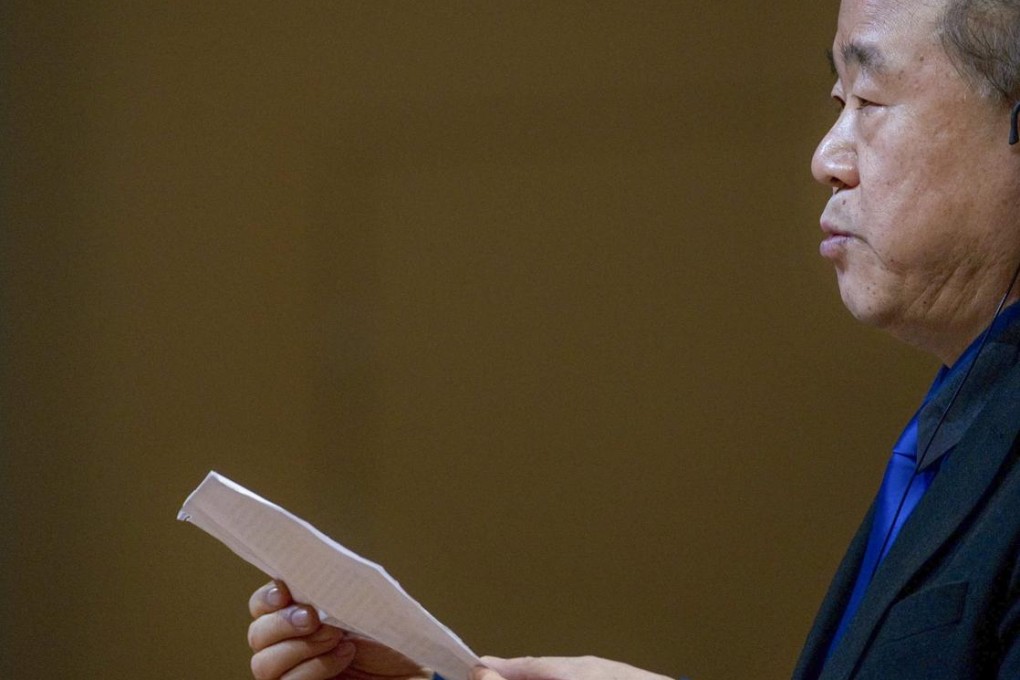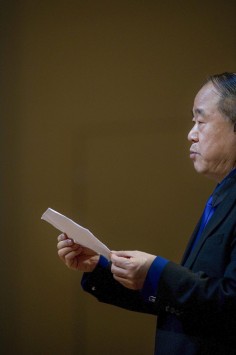Mo Yan: from farm labourer to literary superstar
Mo Yan emerged as one of China's most prominent and influential authors during the 1980s, but came to worldwide attention in October last year when he became the first Chinese national to be awarded he Nobel Prize for Literature.

Mo Yan emerged as one of China's most prominent and influential authors during the 1980s, but came to worldwide attention in October last year when he became the first Chinese national to be awarded he Nobel Prize for Literature.

In 1984 he attended the Military Art Academy and adopted Mo Yan, meaning "don't speak", as his pen name.
He found fame with social commentaries such as Red Sorghum Clan, the story of a Shandong family facing decades of upheaval between 1923 and 1976; Life and Death Are Wearing Me Out, the story of a landowner during the land-reform movement of the 1950s who is reincarnated in the form of various animals; and Frog, which discusses the consequences of the one-child policy through the story of a rural gynaecologist.
Known for his prolific output, Mo Yan prefers to write rather than type.
Chinese literary expert Eric Abrahamsen called Mo Yan "a great writer" who tells "the big stories of China".
"So many of modern China's stories are political in nature, simply because politics has shaped so much of recent Chinese history," Abrahamsen said. "He's also very canny about what can and can't be written."